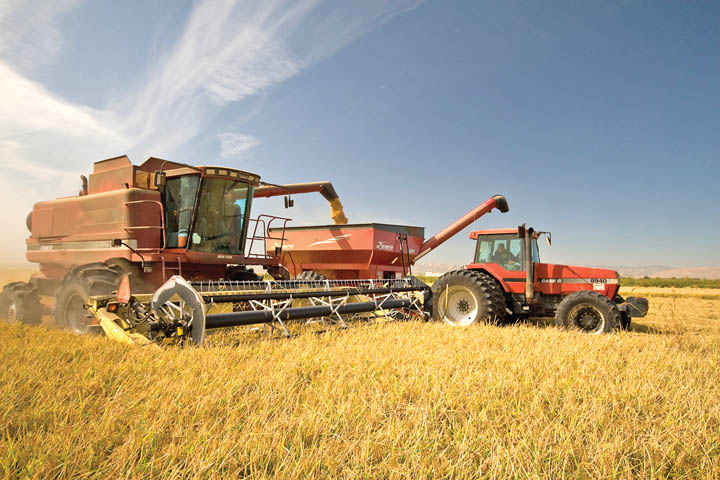August 14, 2012

University of California, Davis weed researchers have confirmed populations of smallflower umbrellasedge from rice fields in the Sacramento Valley have become resistant to propanil.
UC associate professor Albert Fischer and staff research associate James Eckert from the UC Department of Plant Sciences collected smallflower umbrellasedge seed from eight fields where resistance was suspected and germinated in the greenhouse. Plants were grown in pots and, at the 2-3 or 4-5 leaf stage they were sprayed with SuperWham, UltraStam or RiceShot at half field rate, recommended field rate, and twice field rate. Both spray timings produced similar results, but the earlier application produced the most striking results.
One example of resistance from these tests, at a six-pound active ingredient per acre rate, the percentage of control from three of the fields was very poor, between 6 and 45 percent. Control of smallflower umbrellasedge from another field was mediocre, between 62 and 74 percent. Control of smallflower umbrellasedge from four suspect resistance fields was very good, between 68 and 100 percent. Results from the greenhouse tests suggest that something went wrong with the field application of those fields.
According to UC rice farm advisor Luis Espino the field failures could have been a late application, poor coverage, tank mix issues, or incorrect rates.
With the confirmation of resistance in the four fields, Espino said there are options for control in that situation.
Another set of greenhouse tests were conducted to evaluate herbicide options for propanil-resistant smallflower umbrellasedge. These tests showed that propanil-resistant smallflower umbrellasedge was also resistant to Londax, resistant or partially resistant to Granite SC and Sandea, and susceptible to Shark H2O when applied as a foliar.
In fields where resistance is not a problem yet, Espino said the best approach is to alternate modes of action whenever possible. If a grower suspects propanil-resistant smallflower umbrellasedge, collect seeds at the end of the season and take them to the Weed Science project at the Rice Experiment Station in Biggs for screening.
You May Also Like




